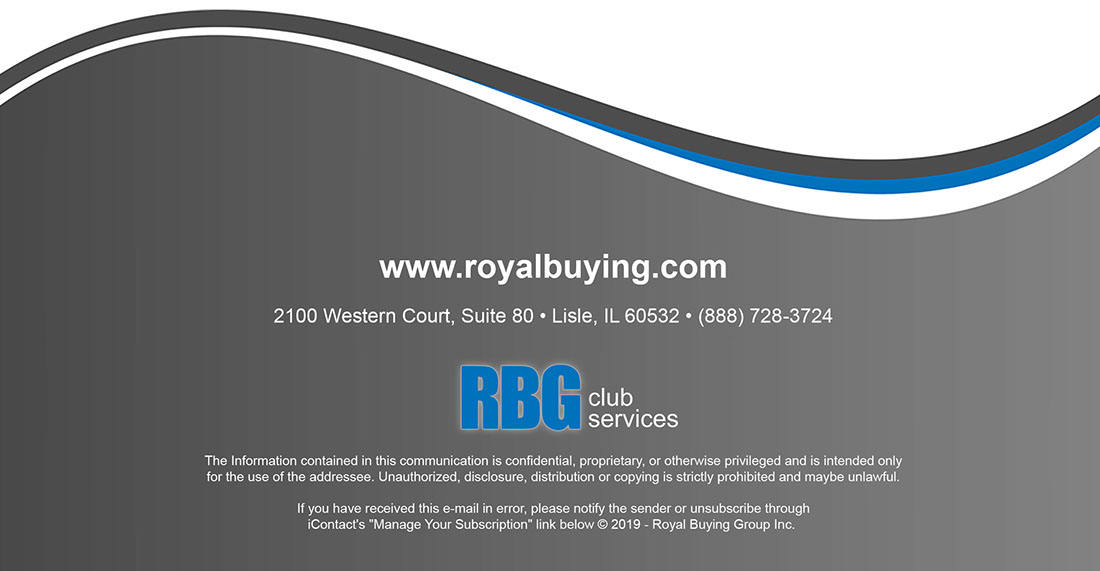
Calorie-Counters Rejoice
Low-Calorie Adult Beverages on the Rise
As more of Generation Z enters the legal drinking age, alcoholic beverage companies are facing a higher demand of low-calorie, wellness-conscious drinks. As Vox.com states, “Young people suddenly care way more about their health… it’s more difficult to justify a 300-calorire pint of hazy IPA when it essentially amounts to eating a loaf of bread”.
This trend is not limited to the newly legal alcohol drinkers; Vox.com also reports that individuals between 25 and 39 years old are also making the switch to low-calorie “healthier” alcoholic beverages. “They seek lower-alcohol, simple beers and lower-calorie hard seltzers that are prevalent in the channel,” Eric Schmidt, director of alcohol research for Beverage Marketing Corp. said in a C-Store Decisions article.
Beers and hard seltzers are not the only ones being targeted by this new push for “healthier” adult drinks. Hard liquors are also jumping on the trend. Diageo, the manufacturer behind the popular vodka brand Ketel One, has launched a range of premium, flavored spirits called Ketel One Botanical. Although the new Ketel One Botanical has a lower alcohol by volume percentage (30% ABV as opposed to the normal 40% ABV produced vodkas), it is promised by Diageo to make low-calorie drinks more “interesting”. As Lisa Ronayne, European senior brand manager for Ketel One, explains, “It’s kind of that perfect mix between ‘I want something tasty but most things that are tasty are higher calories. I want to be well-behaved but well-behaved often doesn’t taste that interesting’.”
Along with the low-calorie trend, consumers are seeking higher quality ingredients. Brewbound.com reports that bee pollen, quinoa, and pink Himalayan sea salt are among ingredients popping up in craft beers and their constituents. Consumers view these “unconventional” ingredients to be healthier than the normal calorie-dense, barrel-aged stouts and high-octane IPAs that breweries produce. Breweries are attempting to find the perfect balance between low-calorie beverage options and high-quality flavor. Some have sacrificed flavor for the low-calorie trend, while those who continue to produce only their usual options find their sales are declining.
Packaging is also seeing the effects of these new trends. Health-conscious consumers, while seeking low-calorie, high-quality ingredient beverages, are also looking to make as minimal of a carbon footprint as possible. Wines are being packaged into recyclable cans, and producers are finding more ways to reduce their use of plastic.
With the growth in calorie-counting health-conscious consumers, convenience store owners should take note when it comes to stocking their cold vaults. There appears to be no shortage of new low-calorie, high-quality ingredient adult beverage hitting the market in 2019.

